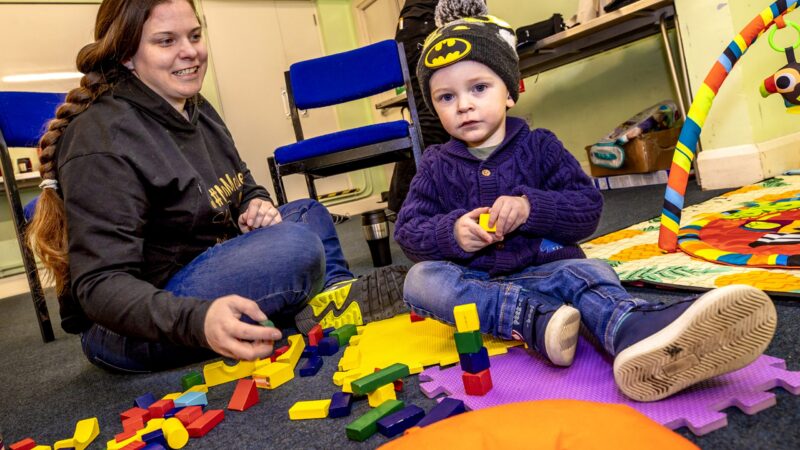
Our aim is to ensure children and young people across mid and south Essex have the best start in life. We will achieve this by supporting families and children and young people to get the best care, enjoy healthy lifestyles and are safe from harm. We will listen to our children and young people and work closely with them to design services that can meet their needs. Delivering support in the right place at the right time.
Mid and south Essex has a child population of 275,885, and the Joint Strategic Needs Assessment carried out across our area has informed our commissioning decisions. We know that we can deliver better outcomes for children by ensuring our services are coordinated across all our partners and so will continue to work together to strengthen our integration of services across health, education and care services.
This will be delivered by planning and making decisions together through well-established partnerships arrangements within the Mid and South Essex Integrated Care System (ICS). Reporting progress to the health and wellbeing boards and ensuring we have oversight of priorities, local needs and health inequalities.
What we want to achieve
We will ensure the needs of children and families are at the forefront of our strategic planning.
Our plans are aligned with the NHS Long Term Plan as well as local authority priorities and will focus on giving every child the best possible start in life, from birth to their transition into adulthood.
We will model a culture and a way of working which ensures strategic planning and decision making is based on co-production, collaboration and partnership working between stakeholders who shape the lives of children and young people across mid and south Essex.
We are committed to reducing variation and improving health outcomes for children and young people across the geographical area we serve.
Where are we now
Our ongoing commitment to children’s health and care continues across our partnership to establish a children and young people’s partnership plan.
In partnership with a Better Start Southend, University of Essex, alongside system designers from Dartington Service Design Lab, workshops have been held to open up conversations about what form our partnership work should take in the future.
This is being coproduced with key partners engagement across our system and with a renewed commitment to share vision/purpose for a children and young people’s partnership plan. It will include priority outcomes and how we will work together collectively to explore values and principles that continue to shape and support children and young people services in the future.
Examples in practice
We have already made significant progress and here are some examples of projects we have been working together to deliver.
Mental Health Support Teams in Schools
We are supporting the national expansion of Mental Health Support Teams (MHSTs) in schools and colleges across mid and south Essex. The MHSTs deliver evidence-based interventions for mild-to-moderate mental health issues, support the senior mental health lead (where established) in each school or college to introduce or develop whole school or college approach and give timely advise to school and college staff, and liaise with external specialist service to help children and young people to get the right support and stay in education.
Children’s Health Matters
Our Children’s Health Matters campaign supports parents and carers in nurturing their children’s physical and mental wellbeing, offering guidance for everyday health as well as helping you recognise when your child might need additional care.
Children’s Health Matters#AskAboutAsthma and MySpira
Children with asthma can potentially suffer from worsening of asthma symptoms resulting in a trip to the hospital, particularly during winter months. The #AskAboutAsthma/MySpira project aims to reduce the chance of this happening by educating children and their parents/carers on asthma by raising awareness of the importance of having an asthma care plan in place and attending their asthma reviews. Health professionals who do the asthma reviews and consultations can give parents access codes to the MySpira app which helps younger children know more about their asthma and its effect on them by playing the games on the app.